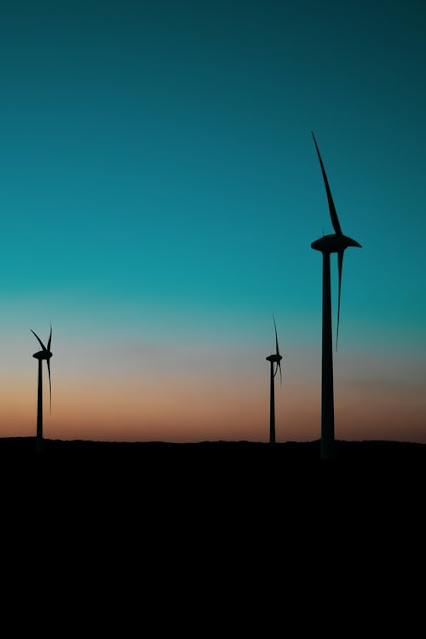That Radio Dream
Being Late
If you take pride in showing up early for commitments, traffic delays are pretty much your mortal enemy. Dreaming about being late is just as stressful. Dream Stop said on its site, " It signifies the anxieties and pressures you have in real life. You may be afraid of missing an important opportunity. It can also mean there are big changes coming you should embrace rather than fear." Release yourself from the shackles of self induced pressure and relax, confident in your ability to wake up on time and be prompt for events.
Forgetting Something Important
You're on stage, at a Broadway performance, and you totally forgot you were part of the show, and you now have no idea what your lines are or what stage directions mean. If you were ever in a high school musical, you've probably experienced this dream once or ten times. But you don't have to be a performer to have anxiety dreams about forgetting something important. You could be dreaming about a "high pressure event," Habash tells Bustle. This could "indicate too much stress and pressure in your life." To avoid recurring anxiety dreams about planning a wedding or work event where everything goes wrong? You might "benefit from setting some boundaries or delegating" in your waking life, Habash suggests.
What can be done?
In real life, this didn't happen very often. I always did a lot of show prep. Even in instances where I was thrown into a situation, I had experience to draw on. But that doesn't stop the anxiety dreams. According to Healthline "these dreams don’t signify anything deeper than perhaps some subconscious (or conscious) worries about these things happening." Face it, 2020 was a very stressful time and that stress has spilled over into 2021.Wake Up - Hit the Reset
Try something relaxing
A relaxing activity can help put your brain back into sleep mode. It doesn’t have to be dull or boring, exactly, but it shouldn’t wake you back up. Try:
- a warm drink
- quiet music
- a soothing podcast
- a favorite book, or one with slow pacing
- breathing or meditative exercises
Just keep your lights dim and try to avoid watching TV or scrolling through your phone, since that can wake you up even more.
Then repeat, It's only a dream.





